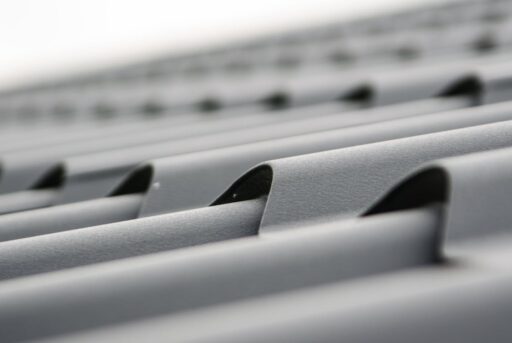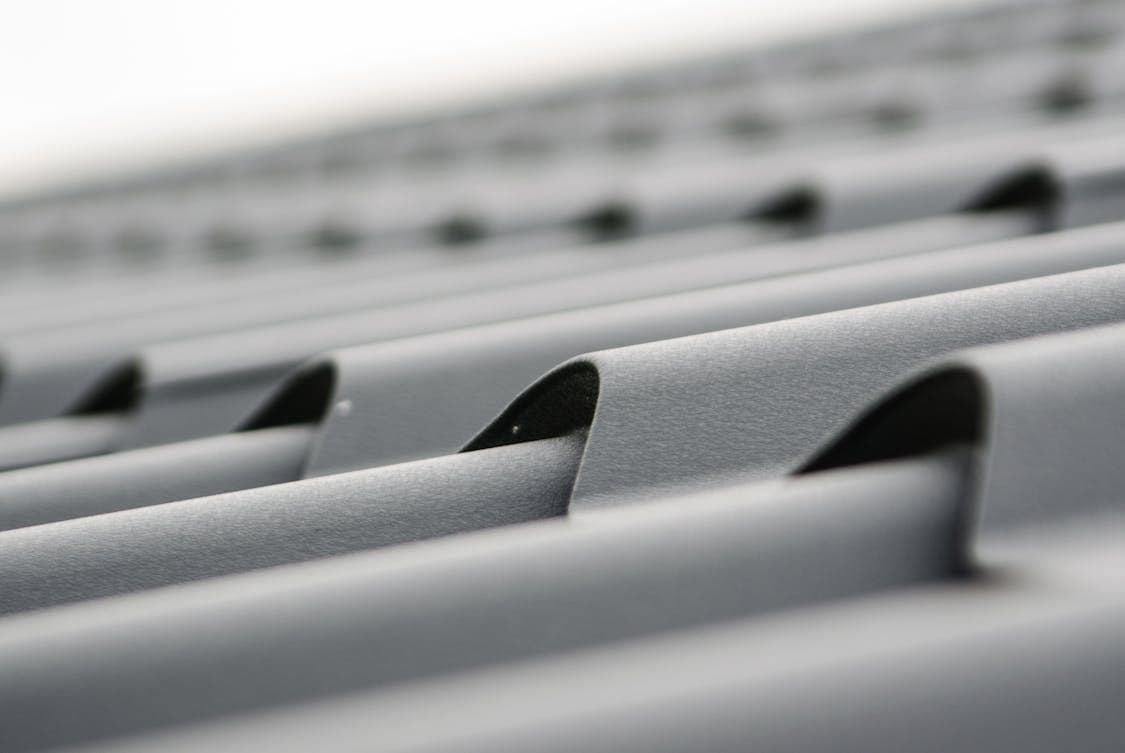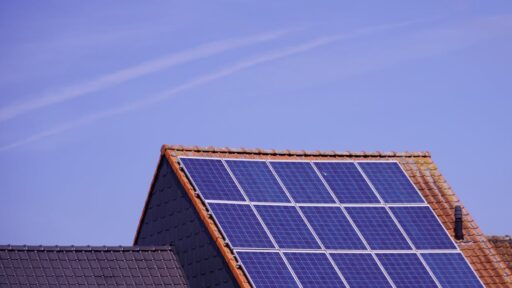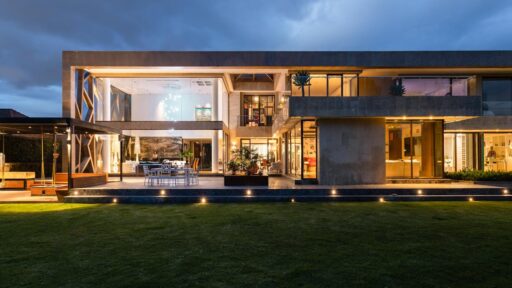When it comes to roofing options, steel stands out as a robust choice for many homeowners. With a plethora of materials available, understanding whether steel roofing is a smart investment requires looking into various factors.
Let’s explore the ins and outs of steel roofing to see if it’s indeed worth the financial commitment.
The Basics of Steel Roofing
Steel roofing is made from steel sheets coated with zinc, creating a durable, long-lasting surface. This type of roofing comes in various styles and colors, making it aesthetically appealing to a broad range of homeowners.
Its popularity has grown significantly over the years, as homeowners seek materials that offer both longevity and style.
Longevity and Durability
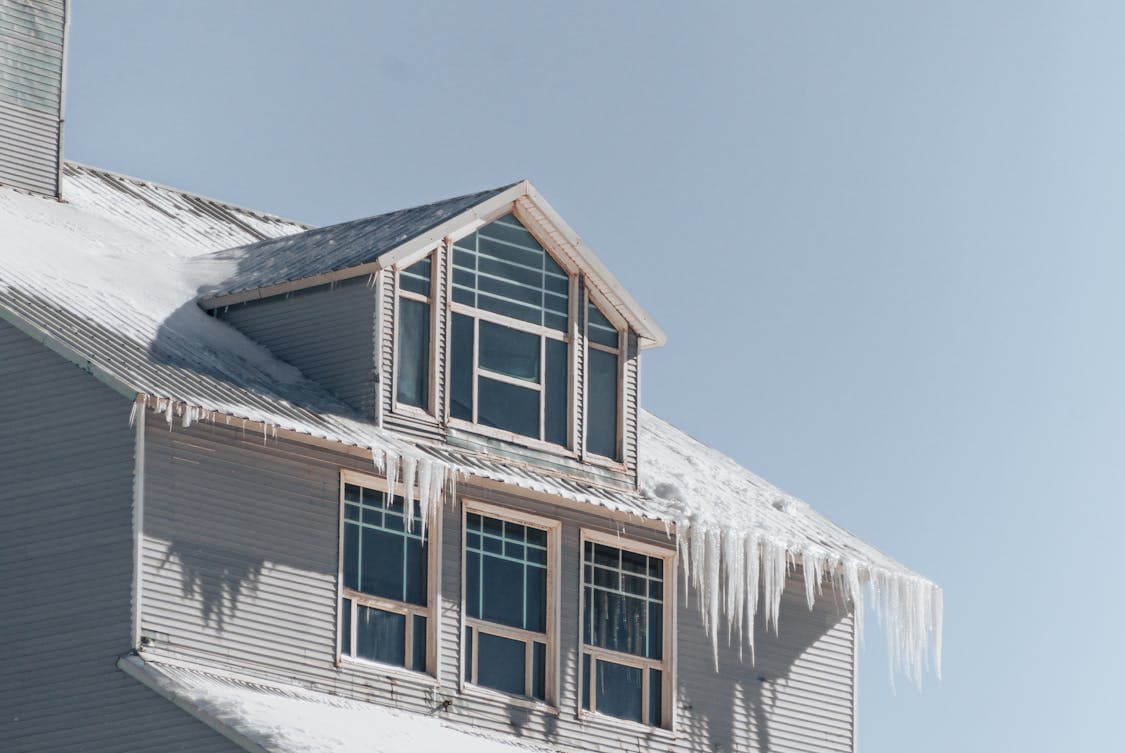
One of the main draws of steel roofing is its durability. A well-installed steel roof can last 50 years or more, significantly outlasting traditional asphalt shingles, which typically need replacement every 15 to 20 years.
Steel is resistant to extreme weather conditions, such as heavy rain, snow, and high winds. This resilience means fewer repairs and replacements for homeowners, ultimately saving money in the long run.
Energy Efficiency
Steel roofing isn’t just tough; it can also be energy-efficient. Many steel roofing products come with reflective coatings that can help reduce heat absorption.
This means that homeowners may notice lower energy bills during the hot summer months, as their air conditioning won’t have to work as hard. Over time, these savings can offset the initial investment in the roofing material.
Environmental Impact
For the eco-conscious consumer, steel roofing presents an appealing option. It is often made from recycled materials and is itself recyclable at the end of its life cycle.
This sustainable nature can be a significant factor for those looking to reduce their carbon footprint. Moreover, the longevity of steel roofing means that fewer materials are disposed of in landfills, making it a responsible choice for the environment.
Installation Costs and Labor
While the long-term benefits of steel roofing are enticing, the initial installation cost can be a deterrent. Steel roofing typically costs more upfront than asphalt shingles.
Homeowners must also factor in labor costs, as specialized skills are required for installation. If you’re considering upgrading your home’s durability and curb appeal, now might be the perfect time to get a new steel roof.
Choosing an experienced contractor is essential; improper installation can lead to costly repairs down the line.
Maintenance Requirements
Steel roofing is generally low-maintenance, which is another reason many homeowners lean toward it. Unlike other materials that may require regular upkeep, such as painting or re-sealing, steel roofs only need occasional inspections and cleaning.
Homeowners can typically manage these tasks themselves, making it a convenient option.
Aesthetic Variety
Steel roofing has evolved far beyond the gray, metallic look of yesteryears. It now comes in a range of styles that mimic traditional roofing materials, such as shingles or tiles.
Homeowners can select from various colors and finishes to match their home’s exterior, adding to the property’s curb appeal. This versatility allows for creativity in design without sacrificing durability.
Insurance Benefits
Another point worth discussing is the potential for lower insurance premiums. Many insurance companies offer discounts for homes with steel roofing due to its durability and resistance to damage.
This can lead to significant savings over time, further justifying the initial investment.
Weather Resistance
In regions with harsh weather conditions, steel roofing shines. It’s resistant to fire, hail, and heavy winds. This resilience is particularly beneficial for areas prone to storms or wildfires.
Homeowners can have peace of mind knowing their roofs are fortified against nature’s wrath.
Noise Concerns
While many appreciate the strength of steel roofing, some express concerns about noise during rain or hail. It’s true that metal roofs can amplify sounds more than traditional roofing materials.
However, this can often be mitigated with proper insulation and underlayment during installation. Many homeowners find that the benefits outweigh the potential downsides.
Resale Value
Investing in steel roofing can increase a home’s resale value. Prospective buyers often view the longevity and energy efficiency of steel roofs as attractive features.
A well-maintained steel roof can be a selling point that stands out in a competitive real estate market, potentially making it a sound investment for the future.
Community and Local Codes
Before making a decision, homeowners should also check local building codes and regulations. Some areas may have specific restrictions or requirements regarding roofing materials.
Understanding these factors can help avoid future complications and ensure the chosen roofing option complies with local standards.
Weather Suitability
The suitability of steel roofing can vary based on geographic location. In regions with significant snowfall, a steel roof’s smooth surface allows snow to slide off, preventing the buildup that can lead to leaks or structural issues.
Conversely, in warmer climates, steel roofs can reduce heat retention, keeping homes cooler.
When weighing the pros and cons of steel roofing, it’s clear that it offers numerous advantages. From its longevity and energy efficiency to its environmental benefits, steel roofing can be a wise investment for many homeowners.
However, considerations such as installation costs and local regulations are important to keep in mind.


